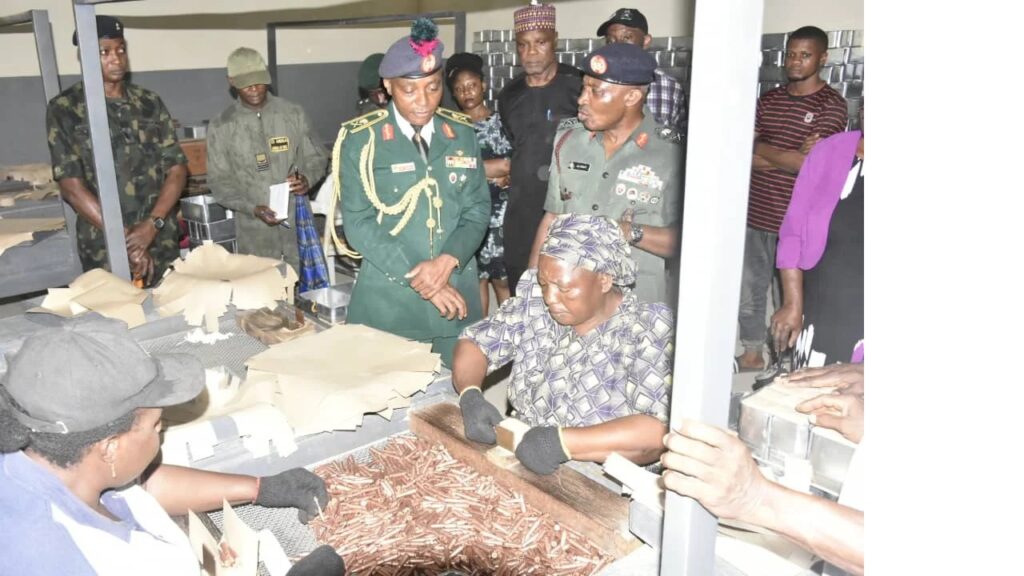Stakeholders task FG, states to prioritise maintenance budget for infrastructure
A policy and regulation development expert, Olatunji Ariyomo, has said that the challenges of underdevelopment confronting Nigeria could be attributed to the inability of the country’s political elite to synergise, irrespective of the political divide.
Ariyomo, a fellow of the Nigerian Society of Engineers (NSE), stated this during the 2024 engineering lecture held at the Federal University of Technology Akure (FUTA), which was organised by the institution’s Department of Civil and Environmental Engineering. He said that lack of cohesive efforts among the country’s political leaders had hindered Nigeria’s advancement over the past six decades, stressing that the country’s failure to prioritise and invest in infrastructure development contributed to its under-development and economic challenges.
The Akure-born engineer urged Nigeria to structurally fix the seemingly smaller issues and remove the oil that is firing discord and the growing activities of non-state actors across the geo-political zones to enable the formation of elite consensus across ethnic, religious, and socio-political divides.
ALSO, experts, under the aegis of the Nigerian Institution of Facilities Engineering and Management (NIFEngM), have called on the federal and state governments to prioritise maintenance budgets in infrastructure policy for the sustainability of facilities.
They also emphasised that leaders must have the ‘political will’ to introduce an integrated approach to infrastructure by involving the end users before planning and designing towards ensuring effective implementation of the new national infrastructure maintenance policy.
Managing Director of Atlas Proligenics Limited, Babajide Soyode, led the call during a public lecture entitled, “Implementation of the national infrastructure maintenance policy:The dynamics, prospects and challenges,” as well as the conferment of fellowship on 32 new inductees organised by the NIFEngM in Lagos, at the weekend.
He lamented that all of Nigeria’s infrastructures are not being maintained, adding that the limited infrastructures across the country are shutting down due to lack of maintenance.
He said the nation must maintain what it has before building new ones, review, update, and upgrade all extant regulations relevant to specific national infrastructure including mandates for operation, maintenance, inspection and testing.
Soyode said there was a need for a deliberate comprehensive policy for infrastructure maintenance, adequate and appropriate penalties for any failure to respect the mandates.
In his remarks, the National Chairman of NIFEngM, Oladipupo Mabogaje, said that the policy is not just a mere document, but embodies commitment to ensuring the longevity, safety, and efficiency of the national infrastructural network system.
He noted that from technological advancements to budgetary constraints, and environmental challenges to the evolving needs of society, there are myriad factors shaping the landscape of infrastructure maintenance.
According to him, opportunities abound for innovation, collaboration, and strategic planning that can revolutionise how the nation approaches infrastructure maintenance to pave way for a more resilient, sustainable, and prosperous future.
Special Adviser to Lagos Governor, Office of Works, Adekunle Olayinka, represented by Mr Thomas Adeoye, observed that one of the most important ways to close the national infrastructure gap is to deliberately improve existing assets to improve on maintenance and management in a way that would preserve the quality of individual infrastructure assets.
Also, President of the NSE, Margaret Oguntala, represented by former Chairman of lkeja branch of the Society, Tosin Ogunmola, explained that infrastructure maintenance is crucial to the development of Nigerian society. She, therefore, advised that leaders must not only be concerned about infrastructure deficit but plan for sustainability of the assets.











